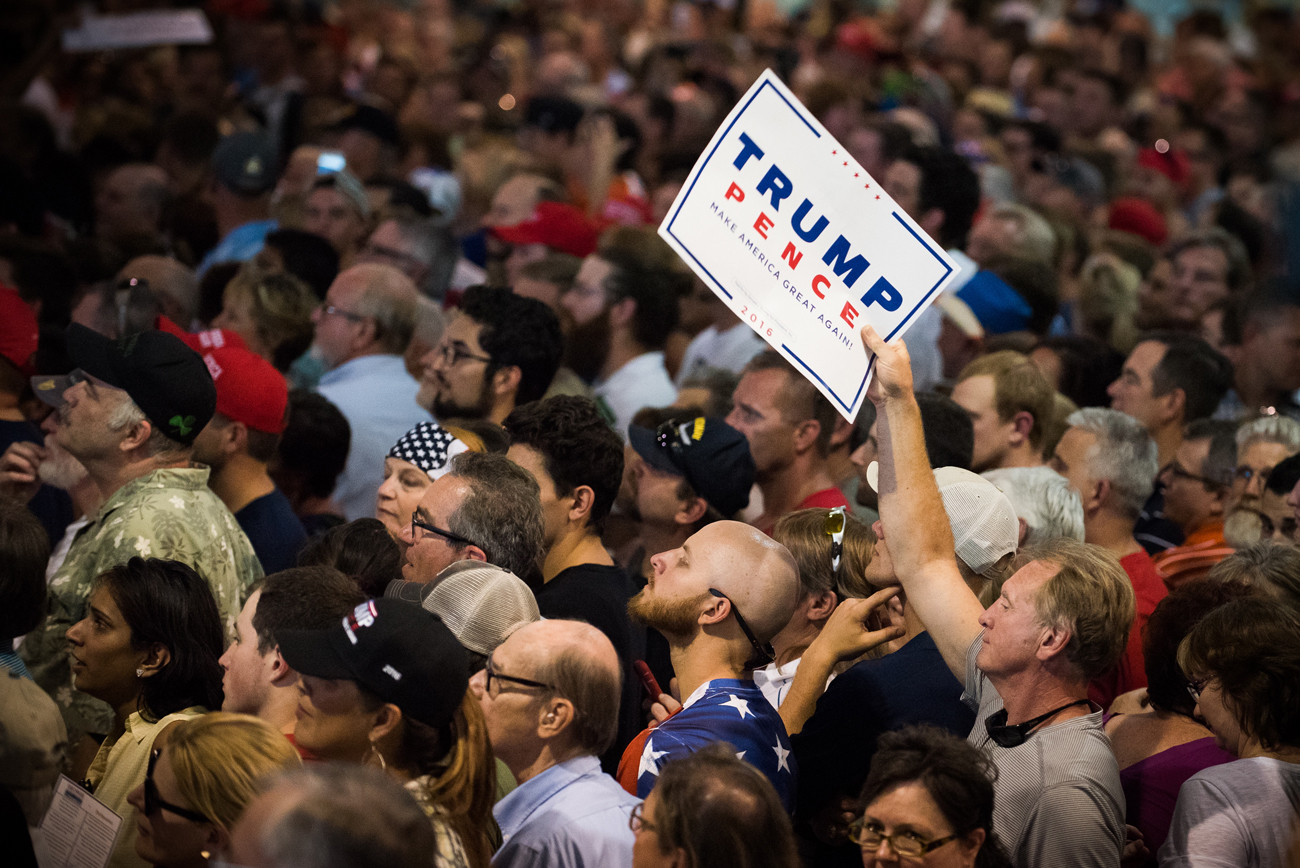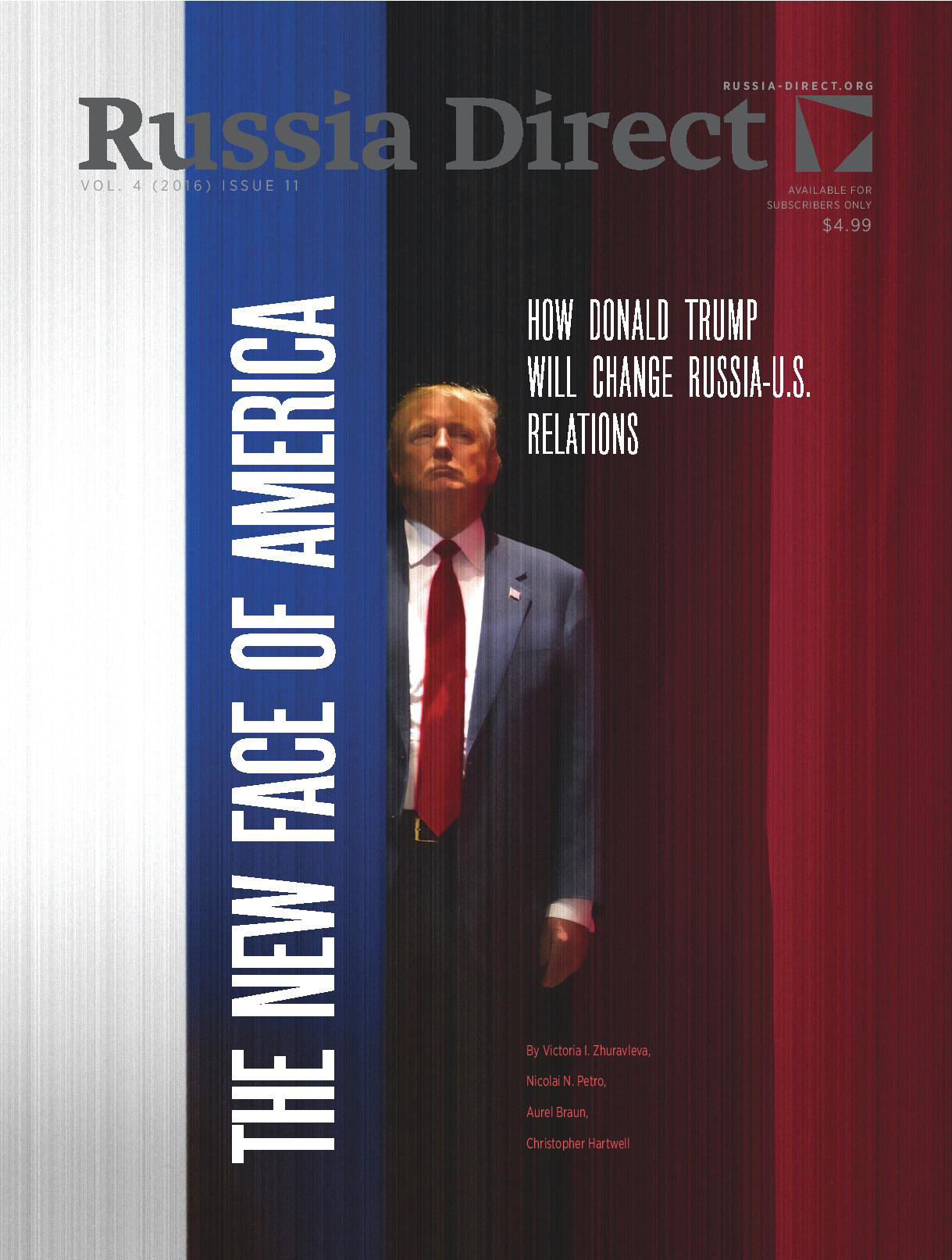
Trump won the election due to domestic policy reasons.
TASSThe victory of media celebrity and billionaire Donald Trump in the 2016 U.S. presidential race was unexpected for many. Over the course of the election campaign, the world could hardly comprehend the real possibility of Trump, a political neophyte, becoming the 45th President of the United States. But now this is a reality.
What might a Trump presidency mean for the world and for Russia, more specifically? Should the Kremlin believe in his pre-election promises to take into account Russia’s interests? What economic implications should Moscow consider in its dealings with the President-elect?
The new Russia Direct report, “The New Face of America,” sheds light on these questions and looks at the implications of Trump’s election from different perspectives.
 Source: Russia Direct
Source: Russia Direct
To start with, Victoria Zhuravleva, professor at the Russian State University for the Humanities, explores the role of Russia in the U.S. presidential campaign. Building on her analysis of how Democrats and Republicans used the Russian issue for their political interests, she is certain that it was Putin who was the real winner of the election. This was possible “because he was portrayed as a kind of ‘Hollywood super-villain’ that was able to influence domestic developments not only in states neighboring Russia but also in the U.S. itself,” she states.
Nicolai Petro from the University of Rhode Island explains why the U.S. policy toward Russia has failed for so long and shares his take on what steps the next administration should take to get away from the outdated policy of containing Russia and start a pragmatic dialogue in the areas of mutual interest.
This, however, will not be easy, argues Aurel Braun, a professor from the University of Toronto. According to him, the personal chemistry between the Russian leader and his new counterpart will not be enough to ensure the relationship sees a breakthrough. Numerous domestic factors and national interests will inevitably have an impact on the bilateral relationship.
“It would be wise then, it seems, for Putin and members of his circle to greatly lower expectations and tread very carefully internationally, and particularly with the incoming administration in Washington,” the expert argues.
Christopher Hartwell, president of the Center for Social and Economic Research in Warsaw, adds an economic perspective to the discussion. Looking at the economic implications of Trump’s election, he explains why one should not expect the lifting of sanctions on Russia and why Moscow should be cautious about dealing with Trump.
How did the Trump's victory become possible? Why has the Russian question gained so much attention in American political debate? Download the report and find out.
All rights reserved by Rossiyskaya Gazeta.
Subscribe
to our newsletter!
Get the week's best stories straight to your inbox